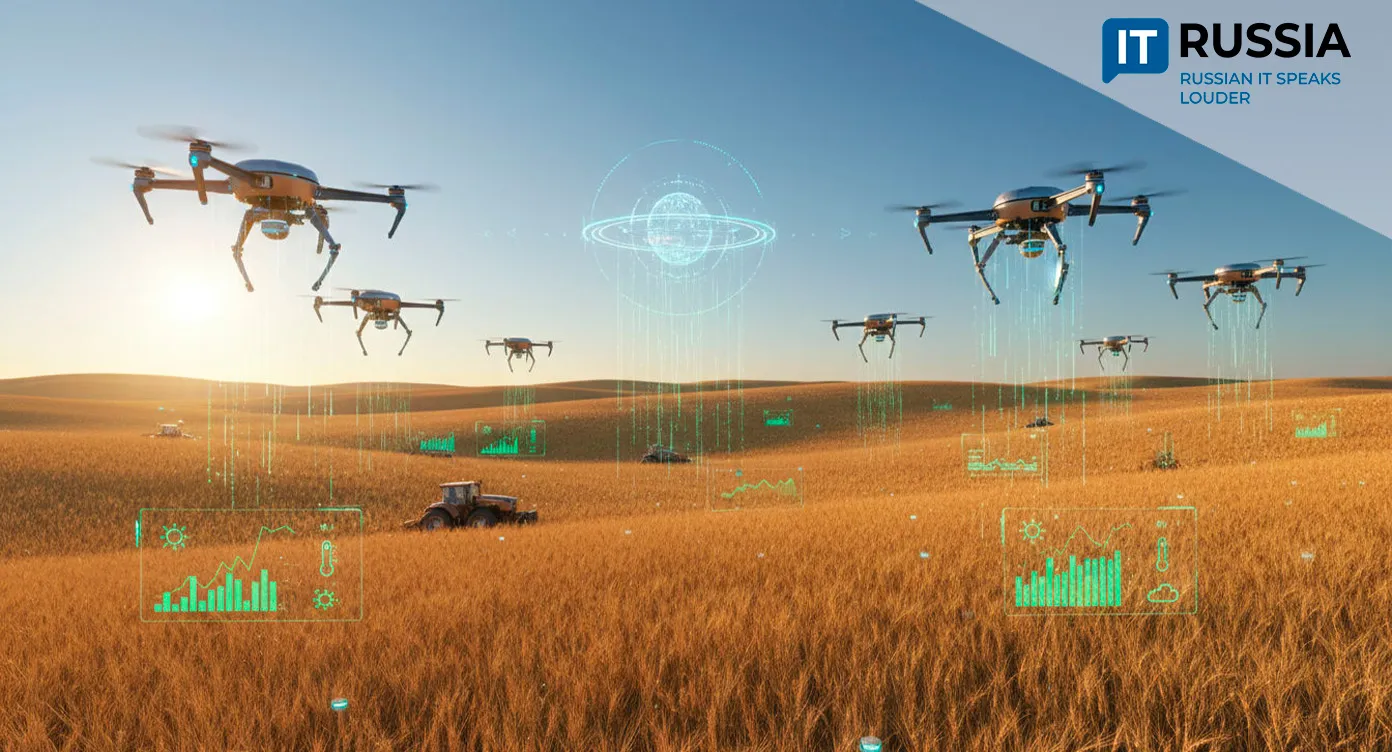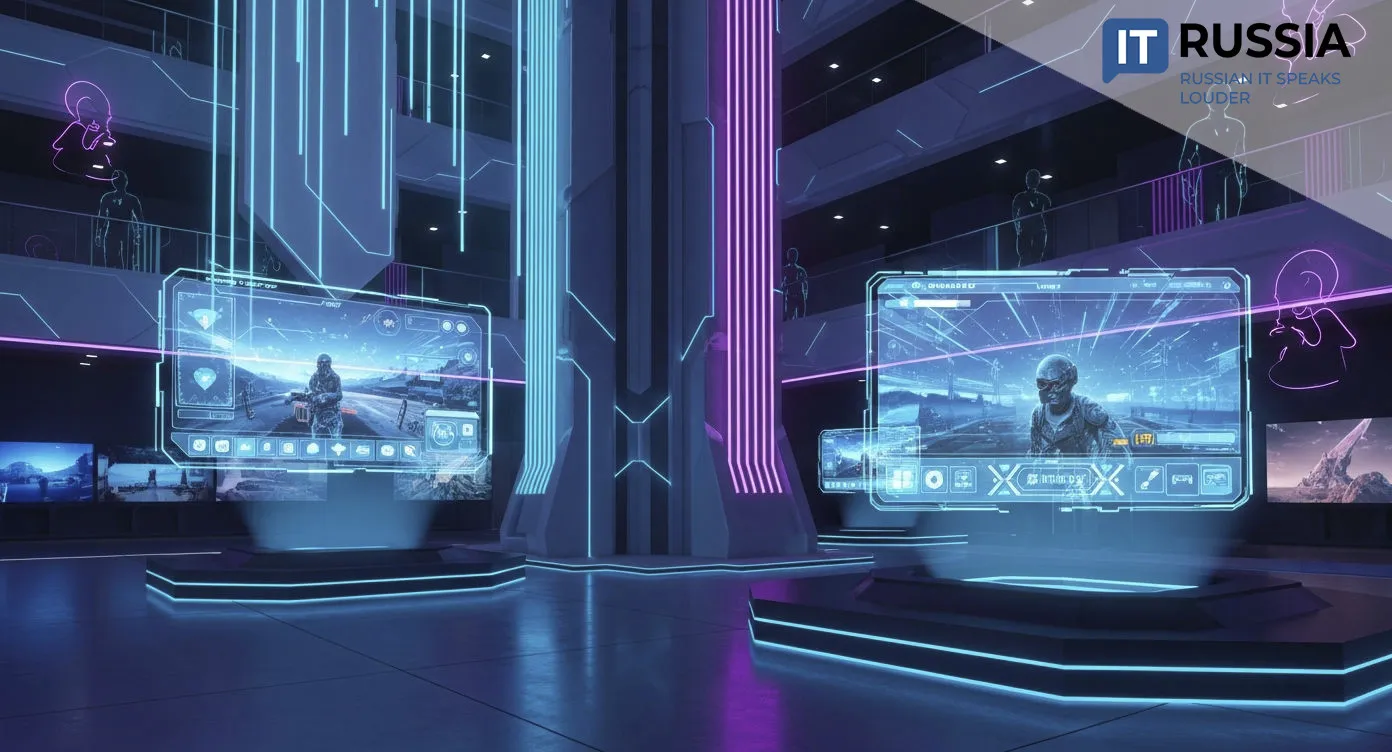Russia’s EdTech Ecosystem Goes Global—With AI, Personalization and Export in Mind

Once seen as a follower in the digital education space, Russia is now emerging as a serious contender in the global EdTech arena—building expansive ecosystems, embedding AI across its platforms, and scaling its solutions for global export, particularly to countries across Central Asia, the Caucasus, and the Global South.
At home, the country is transforming its approach to digital learning, moving from isolated online courses to fully integrated education platforms. Abroad, Russian developers are now pitching entire ecosystems, not just apps—designed to be localized, scalable, and compatible with national education systems worldwide.
A Digital Ecosystem, Not Just a Course
Some of Russia’s leading EdTech platforms—Sferum, My School, Foxford, YaKlass, and Uchi.ru—have grown into complex systems serving millions of users. These platforms offer not only online lessons but also AI-powered analytics, adaptive learning paths, automated testing, and real-time feedback.
Unlike conventional online tools, these ecosystems are designed to personalize instruction based on student performance and pace, using algorithmic assessment to tailor assignments. “It’s not about digitizing the textbook,” one education technologist noted. “It’s about rebuilding the learning process from the ground up.”

The Government Steps In
Public-sector involvement is central to this transformation. Platforms like the Russian Electronic School (RESH) and Russian Textbook (RUK) have been backed by government policy and investment. They now include AI-driven modules that assess student achievement, identify learning gaps, and offer targeted recommendations.
The Digital Educational Environment (DOE) initiative plays a backbone role, especially in scaling these innovations to underserved regions. DOE ensures schools across Russia—including remote areas—gain access to unified digital resources and infrastructure.
Exporting Russia’s EdTech Vision
Russia’s EdTech expansion is not stopping at its borders. Flexible platform architecture and a strong emphasis on localization have made Russian solutions attractive abroad. Customization capabilities allow these platforms to align with local curricula, cultural norms, and languages.
Russia’s educational products are now active in Kazakhstan, Uzbekistan, Armenia, and Tajikistan. Negotiations are underway with Vietnam, Iran, and the UAE. The export model is clear: not just content, but a full-stack educational framework that includes infrastructure, pedagogy, and analytics—all bundled in a national-scale solution.
This systems approach is helping Russian EdTech become more than a product. It’s a diplomatic tool, a development strategy, and a way to build educational bridges with like-minded countries seeking scalable, affordable alternatives to Western platforms.
AI and the Future of Learning
Russia is also betting big on AI. Across its platforms, voice assistants, machine learning algorithms, and chatbots provide real-time feedback for students and workflow support for teachers. These tools don’t just make learning more efficient—they reduce barriers for remote learners and empower educators to focus on creativity and engagement.
Recent deployments show how Russian AI tools are integrated into both K-12 and higher education, creating a seamless digital experience. And while Western EdTech companies debate AI’s ethical implications, Russia is embedding these tools directly into its digital curriculum—alongside emerging national guidelines for responsible use.
What’s Next?
With state policy now prioritizing digital education, Russia’s EdTech sector is poised for continued growth. Reports from VC.ru, CNews, and Hi-Tech+ confirm the international rollouts of Uchi.ru in Kazakhstan and Uzbekistan, as well as readiness of My School and RESH to launch in new markets.
As investment accelerates and AI adoption becomes more sophisticated, Russia is positioning itself as not just a tech exporter, but a thought leader in educational transformation.
In a world looking for more equitable, scalable, and localized EdTech solutions, Russia’s digital education platforms are making a strong case. This isn’t just about digital worksheets—it’s about national-scale systems that could reshape how learning happens across borders.









































